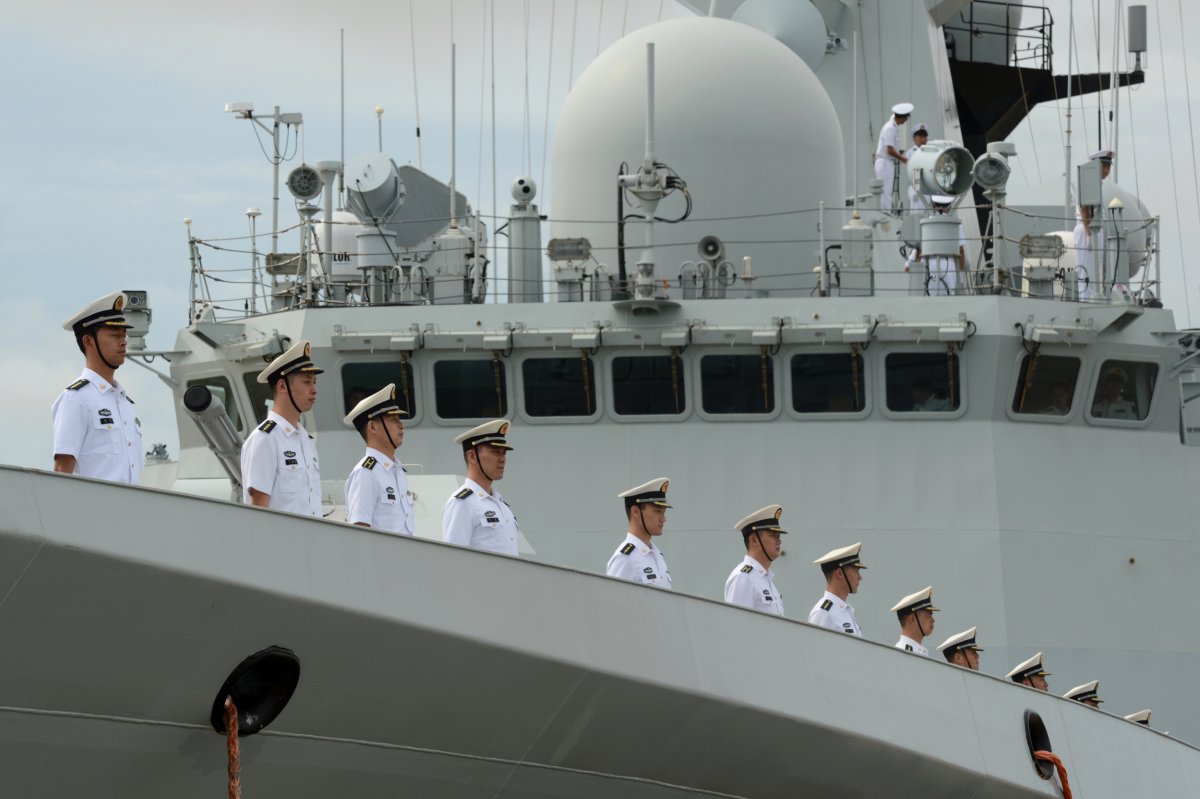China's involvement in Myanmar's internal conflict, particularly with certain ethnic rebel groups, may have become a strategic tool for Beijing to counter online scam operations originating from the country.
While China does not officially support these groups, their alliance has been instrumental in Beijing's crackdown on scams targeting Chinese citizens. Chinese officials, however, have not been forthcoming about their aims.
"Myanmar's most powerful ethnic armed organization, the United Wa State Army, has expelled two top officials wanted by Beijing for involvement in online scams targeting Chinese citizens," according to AFP.
The move by a significant rebel group in Myanmar indicated a level of cooperation with Chinese authorities against cybercrimes.
Morgan Michaels, a research fellow at the International Institute for Strategic Studies think tank outlined advancements made by rebel groups in their offensive against the country's military junta.
"On 27 October, three ethnic armed groups, known as the Brotherhood Alliance, launched a large-scale, coordinated offensive against military, police, and militia targets across northern Shan State," Michaels wrote.
The offensive marked their involvement in the post-coup conflict—begun as a response to the overthrow in 2021 of Aung San Suu Kyi's democratically elected government—challenging Myanmar's military government.
"Beijing may also be behind the rise of some new armed groups, such as the People's Liberation Army, an apparent reboot of the former Communist Party of Burma," Michaels said of China's potential backing of new armed groups.
The involvement suggests a more complex relationship between China and the rebel groups in Myanmar than had previously been understood, one in which Beijing had a broader strategic calculus.
"China appears willing to endure increased border instability in the short term to secure its long-term economic and strategic interests," Michaels said.
"Within just two weeks, the alliance, which includes the Myanmar National Democratic Alliance Army, Ta'ang National Liberation Army, and Arakan Army, captured over 100 regime positions and gained control of several towns, including key border crossings with China," he wrote.
It was unclear, however, whether Beijing considered the groups' significant and rapid gains.
Avinash Paliwal, a Reader in International Relations at SOAS, University of London, told Newsweek in a recent interview that Myanmar's civil war began as a "parochial interest" for neighboring China, but that it had since become more complex—not necessarily in the Chinese leadership's favor.

China's own People's Liberation Army (PLA) Navy deployed naval assets to Myanmar late last month. The destroyer Zibo, frigate Jingzhou and supply ship Qiandaohu arrived with about 700 sailors on November 27.
Beijing said the four-day visit was unrelated to the neighboring country's internal conflict.
The Chinese military recently carried out military drills near the southern border with Myanmar, according to images released last week. China's Defense Ministry said the exercises were routine.
"The recent combat training activity by Southern Theater Command aims to test the troops' rapid maneuverability, border sealing and control, and firepower strike capabilities to maintain security and stability in border areas," said Beijing's defense spokesperson Col. Wu Qian.
"The Chinese military has always maintained a high degree of alert and will always be prepared to respond to various emergencies," Wu said.
On Wednesday, Chinese Foreign Ministry spokesperson Wang Wenbin was asked about Beijing's support for the rebel offensive. He said: "China has always respected Myanmar's sovereignty and territorial integrity, sincerely hoped for stability and development, and firmly supported Myanmar in advancing the peace process."
"Any attempt to sow discord" or undermine the relationship wouldn't succeed, Wang said.
Update 12/3/23, 5:00 a.m ET: This article was updated with additional context.
Uncommon Knowledge
Newsweek is committed to challenging conventional wisdom and finding connections in the search for common ground.
Newsweek is committed to challenging conventional wisdom and finding connections in the search for common ground.
About the writer
Aadil Brar is a reporter for Newsweek based in Taipei, Taiwan. He covers international security, U.S.-China relations, and East Asian ... Read more
To read how Newsweek uses AI as a newsroom tool, Click here.





